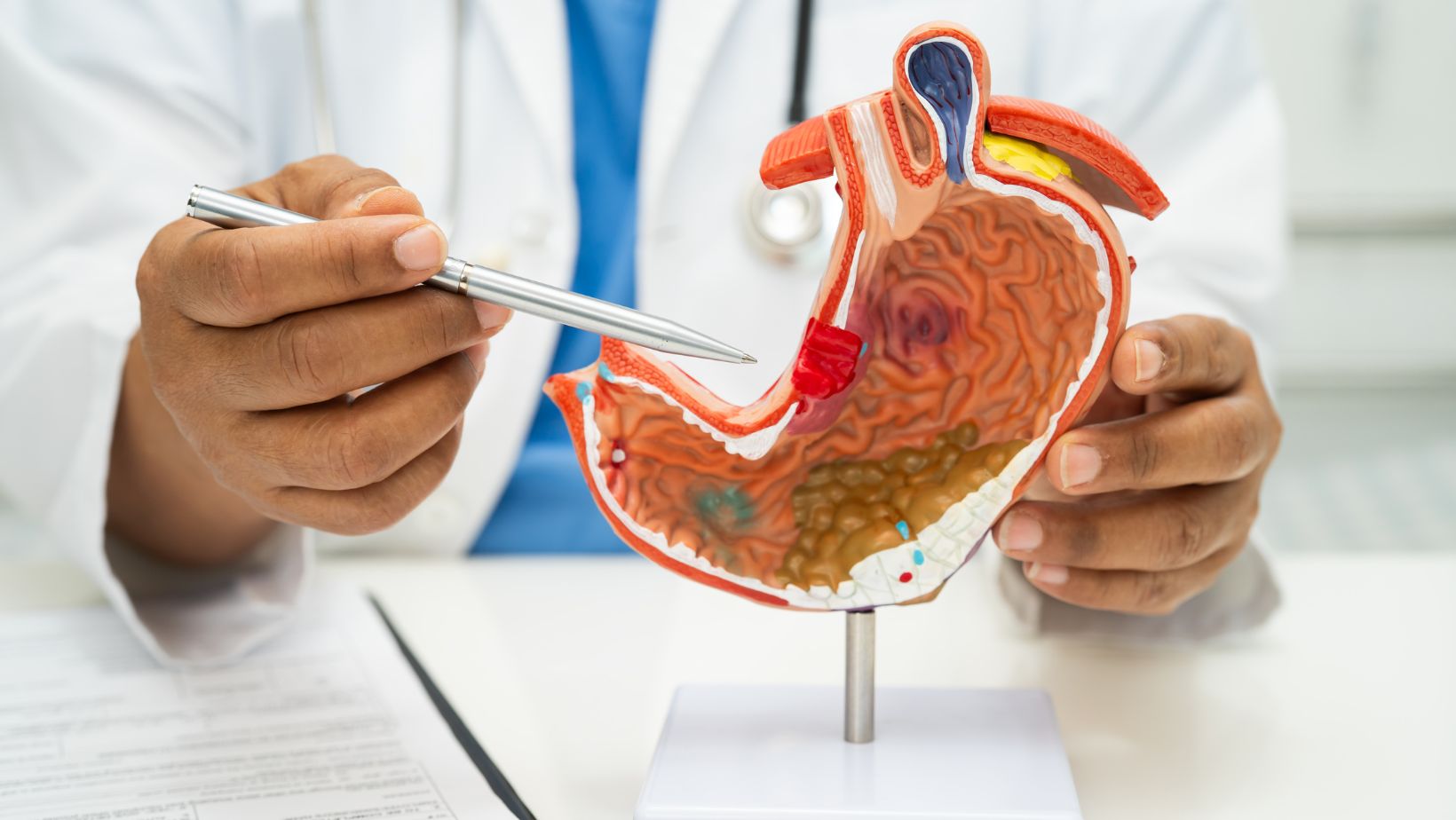Digestive health problems can be frustrating and challenging, significantly influencing one’s lifestyle. But what if there’s a natural solution at hand? Whether you take them on their own or in a comprehensive supplement like Replenza, prebiotics offer an effective way to combat these issues and support digestive health.
This article explains prebiotics and how they contribute to improving gut health and other aspects of well-being.
What Are Prebiotics?
Prebiotics are types of dietary fiber that your body cannot digest. These fibers make their way through your digestive system and arrive intact in your gut. Once there, they serve as important nutrition for the beneficial bacteria residing in the gut, effectively helping these good bacteria to thrive.
While probiotics are the beneficial bacteria themselves, prebiotics are the food that nourishes them. A well-nourished gut microbiome can have a major impact on overall health, starting with improved digestion.
Nutritional Support and Weight Loss
The role of nutrition in managing weight extends beyond just calories in and calories out. Hormones in your body, such as Glucagon-Like Peptide-1 (GLP-1), can significantly influence your weight management processes.
GLP-1 is responsible for controlling blood sugar levels and modulating appetite. It helps maintain a balance in the system, which in turn influences body weight. Adequate nutritional support is vital for the efficient functioning of this hormone and overall bodily processes, including digestion.
Prebiotics can be critical in this context. By promoting a healthier gut environment, prebiotics help support the effective regulation of GLP-1. This hormone regulation can consequently affect weight management, linking the role of prebiotics and the process of weight loss in a synergistic relationship.
Prebiotics and Digestive Health
The connection between prebiotics and digestive health lies in their ability to promote and sustain beneficial gut bacteria. These dietary fibers feed the good bacteria in your gut, helping them grow and diversify.

A well-balanced and diverse community of these bacteria assists with various digestion processes. They participate in breaking down food, aid in the absorption of nutrients, and maintain a healthy balance in your gut environment. This balance reduces inflammation and alleviates common digestive issues such as bloating, constipation, and diarrhea.
Additional Benefits of Prebiotics
Prebiotics offer a host of additional health benefits, including impacts on digestive health. Explore how prebiotics can contribute to various aspects of general well-being.
Immune System Support
Prebiotics are powerful agents in supporting a robust immune system. By enhancing the health and diversity of gut bacteria, they indirectly influence the immune system — a large part of which is housed within the gut.
Healthier gut microbiota significantly contributes to the body’s ability to ward off infections and illnesses. When you feed your gut flora with prebiotics, you fortify your body’s defense mechanism.
Heart Health
Prebiotics help maintain heart health by influencing the levels of certain types of cholesterol. Specific prebiotics have been associated with reducing low-density lipoprotein (LDL) cholesterol, often referred to as the “bad” cholesterol. An appropriate level of this cholesterol can decrease the risk of heart disease.
Mental Health
The link between the health of your gut and mental state — known as the gut-brain axis — is becoming increasingly understood. A balanced gut microbiota, facilitated by prebiotics, can contribute to good mental health. This connection signals that prebiotics may have a tangible impact on mitigating mental health concerns.
How To Add Prebiotics Into Your Diet
Prebiotics naturally occur in a variety of foods, making it relatively easy to incorporate them into your diet. Fruits and vegetables such as bananas, onions, garlic, asparagus, and artichokes have high prebiotic content. Whole grains like wheat, oats, and barley also contain these beneficial fibers.
Supplements can also be a viable option for those with dietary restrictions or preferences. These can ensure you receive adequate prebiotics even when your diet may not provide enough.
The Power of Prebiotics in Supporting Full-Body Wellness
Prebiotics help improve digestive health and offer a range of other health benefits. They support your gut’s beneficial bacteria, aiding in processes such as digestion and nutrient absorption. They also influence weight management through GLP-1 hormone regulation and further impact areas like immune function, heart health, and even mental well-being.
Given their importance, incorporating prebiotics into your diet, either through natural foods or supplements, could contribute to better overall health. Understanding the deeper roles that these dietary fibers play in your body can help further emphasize the importance of nutrition in your health management strategies.














Discussion about this post